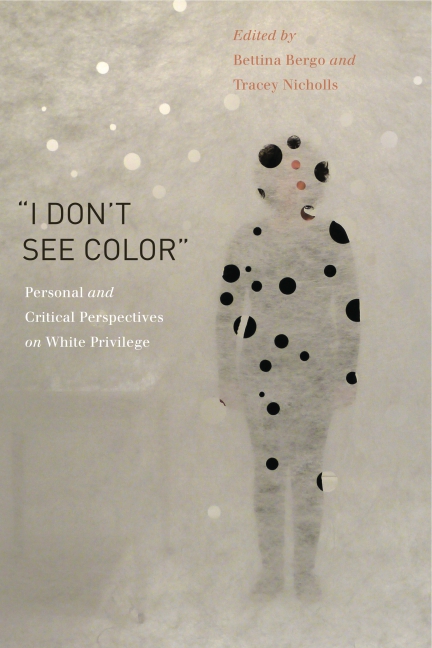“Race Is Not a Determinative Factor”: Mixed Race Children and Custody Cases in CanadaPosted in Articles, Canada, Law, Media Archive on 2016-03-16 01:20Z by Steven |
“Race Is Not a Determinative Factor”: Mixed Race Children and Custody Cases in Canada
Canadian Journal of Family Law
Volume 29, Number 2, 2015
pages 309-
Susan B. Boyd, Professor Emerita of Law; Fellow of the Royal Society of Canada
Peter A. Allard School of Law
University of British Columbia, Vancouver, British Columbia, Canada
Krisha Dhaliwal
University of British Columbia, Vancouver, British Columbia, Canada
Statistics suggest that an increase will occur in the number of custody disputes involving mixed race children in Canada. This article considers the extent to which the fact that a child is mixed race factors into child custody determinations, and how courts consider it. It also discusses whether considering a child’s mixed race heritage is helpful in the child-custody context. The article first explains the use of “race” and “culture” in the Canadian context, then reviews the literature on mixed race children and the law, before examining legislation on the “best interests of the child.” The focus of the paper is an analysis of reported Canadian custody cases in which a child’s mixed race heritage was mentioned in the written judgment, both before and after the leading case, Van de Perre v. Edwards. The case-law analysis considers questions such as judicial racism, “race-matching,” and how race and culture are weighed against other factors relevant to a child’s best interests. The conclusion offers suggestions for how courts should deal with custody disputes over mixed race children, based on trends identified in the case law. While racialized parents are not inevitably best suited for primary custody of mixed race children, it is key for any parent seeking custody to demonstrate their ability to foster the healthy development of a child’s multifaceted identity. More directive legislative language might be useful in order to ensure that at least some judicial attention is paid to race and culture. Finally, taking judicial notice of the relevance of race would also be helpful in acknowledging the persistent existence of racism in Canadian society, as would a more diversified Canadian judiciary.
The number of mixed race couples is on the rise in Canada; they constitute 4.6 per cent of all married and common-law couples, up from 2.6 per cent in 1991 and 3.1 per cent in 2001. 2 Although not all couples conceive children and not all children are raised in couples, these statistics suggest that the legal system is likely to see more custody disputes involving mixed race children in the future. Some such disputes have, of course, already come before the courts. In such cases, it is sometimes argued that a visible minority parent may be better able to deal with the child’s experiences of racism or that race should at least be a factor that must be considered in determining the best interests of a child.
This article examines the extent to which the fact that a child is mixed race makes a difference, or should make a difference, in the determination of legal disputes about parental rights and responsibilities or custody, 3 and, if so, how. In order to better understand the issues that arise in such cases, we reviewed literature on mixed race children and law, as well as legislation on the best interests of the child. The heart of our study, however, is an analysis of reported Canadian custody cases where a child’s mixed race heritage was mentioned in the written judgment. In our search for both cases and for literature, we included mixed race children with Aboriginal heritage. Some of the…
Read or purchase the article here.





